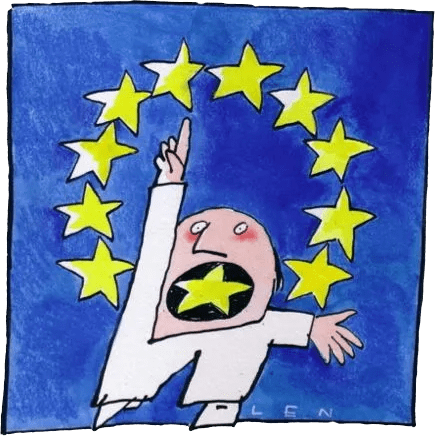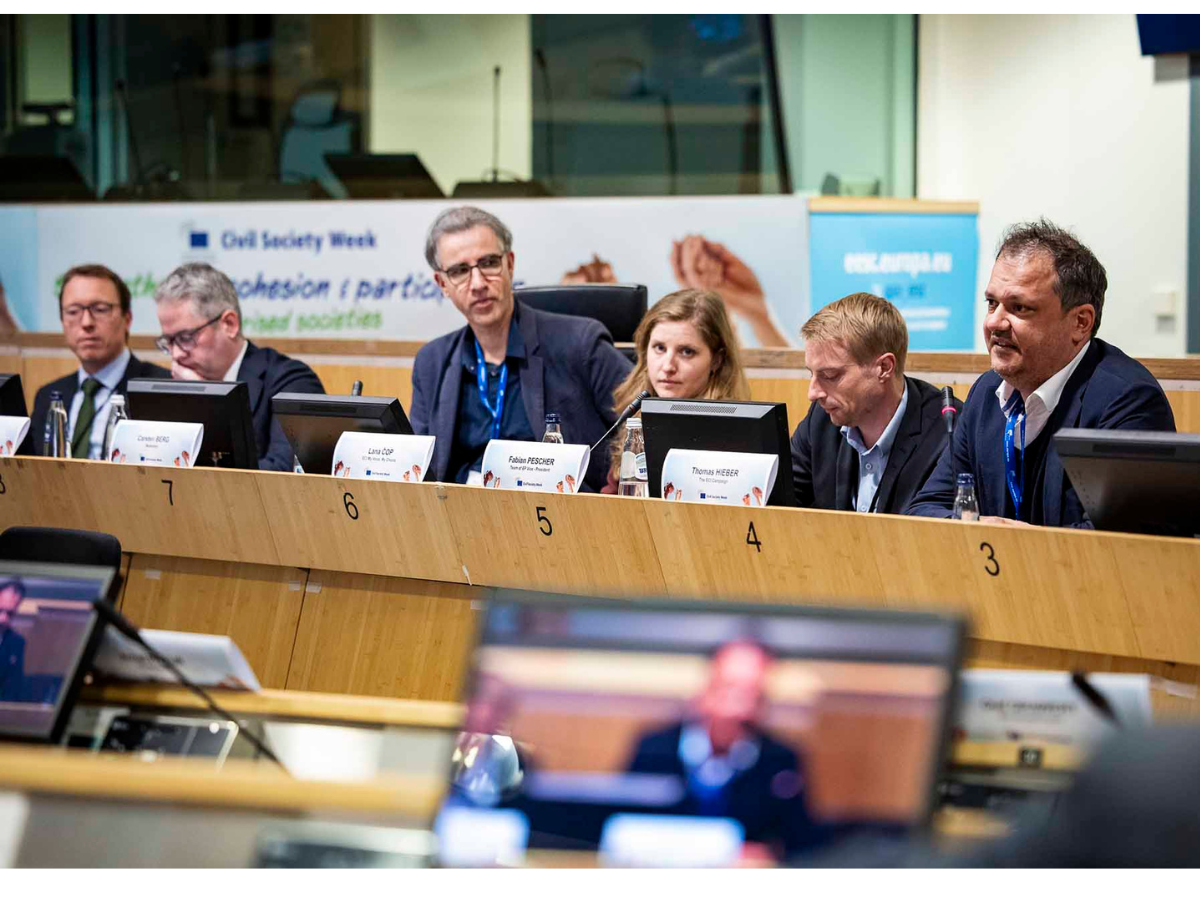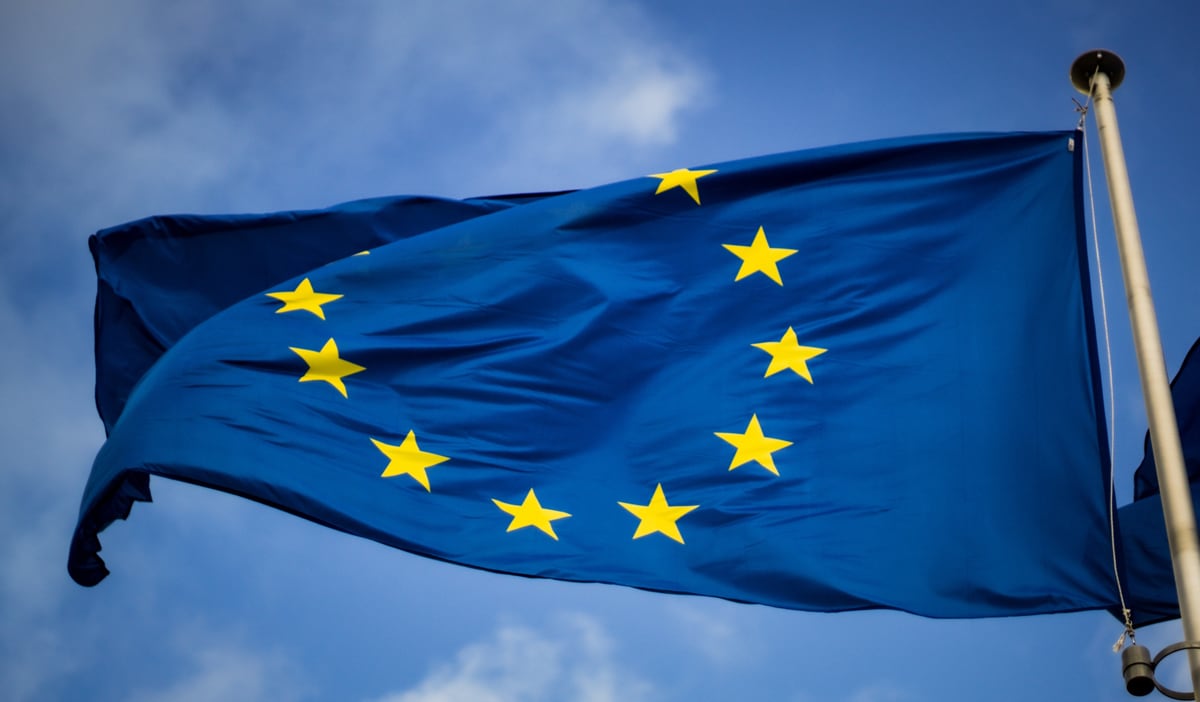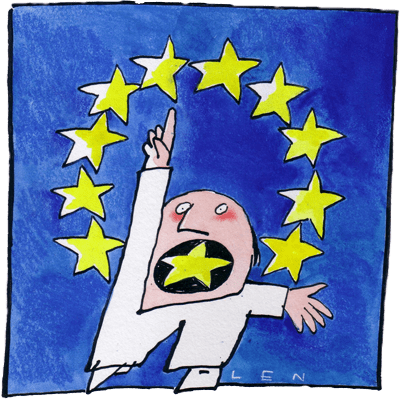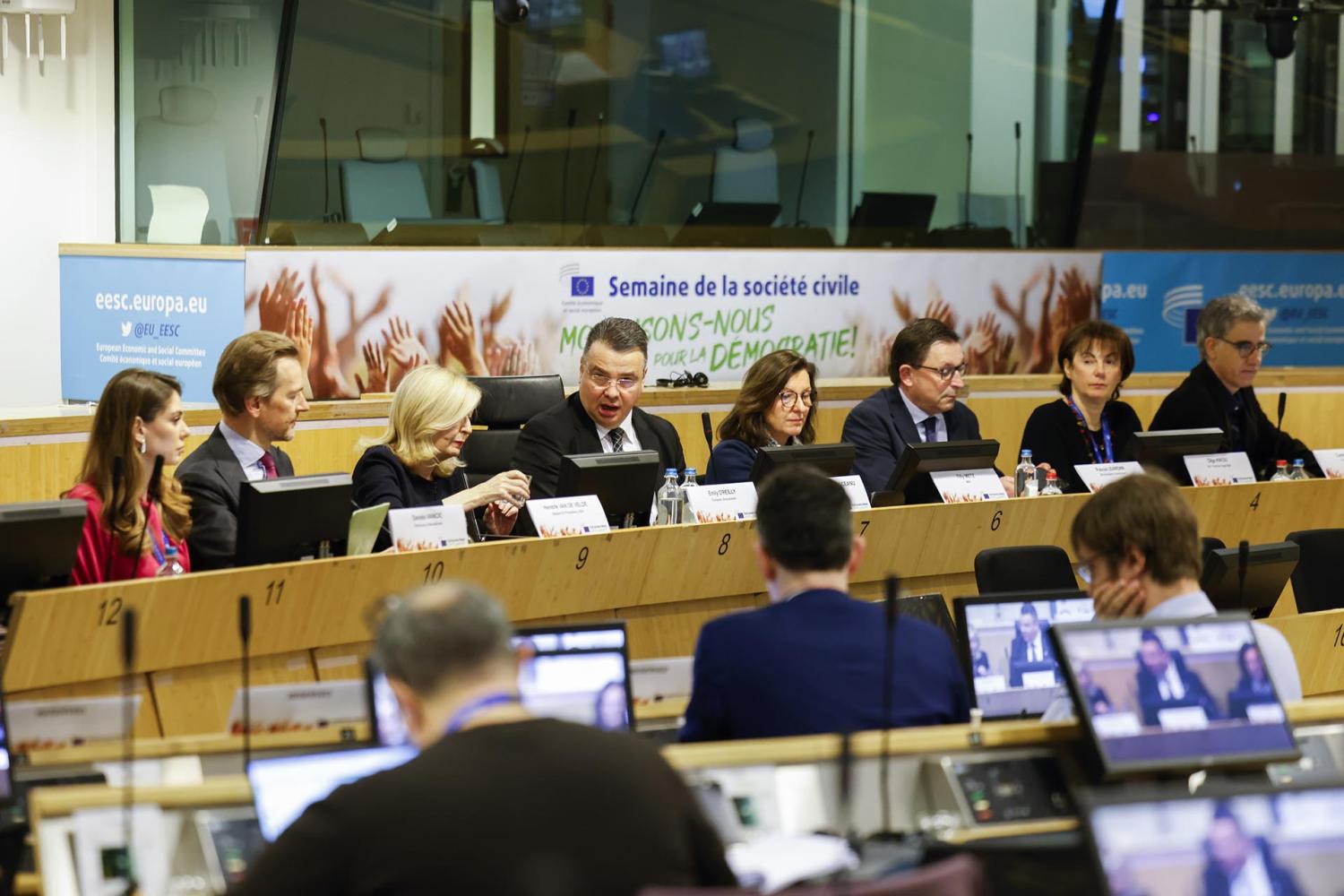
The annual ECI Day, co-organised by The ECI Campaign together with the European Economic and Social Committee (EESC) and other partners, provides an opportunity to discuss the state of the ECI instrument in an official setting. The 2024 ECI Day edition, which took place on 5 March 2024, revealed a wide gap in how this instrument is perceived. While the EU Commission continues to celebrate the ECI as a story of linear success, organisations like The ECI Campaign raise the alarm, arguing that the Commission’s recent backtracking on ECI “End the Cage Age” has plunged the ECI into its biggest crisis to date.
The opening panel “The ECI at a Crossroads – an Opportunity to Take a Step Forward” featured a number of high-level speakers. Tilly Metz, Member of the European Parliament and President of the EP’s Animal Welfare Intergroup, kicked off the discussion, speaking about the importance the European Parliament attaches to this democratic instrument, but also about the frustrations: “working closely with these ECIs, I have also experienced setbacks closeby.” She argued for a stronger role of the European Parliament, giving it the right to start legislation in response to successful ECIs. Thereby, she also referred to unilateral steps taken by the European Parliament in this direction as reflected in the EP resolution of 13 June 2023 in which it “commits to voting on a parliamentary resolution after every valid ECI and after every Commission communication setting out its legal and political conclusions on a specific ECI, [and indicates] that such a resolution should also be followed by a legislative own-initiative report.” Olga Kikou, “End the Cage Age” ECI organiser, was the next in line to speak, arguing that the Commission’s backtracking on their successful ECI put the entire instrument in jeopardy. As their ECI is the one and only initiative that received an unambiguously positive reply and follow-up commitment from the EU Commission until the present, the latter’s failure to follow up on their promise to draft legislation, within the timeframe they set for themselves, undermines the credibility of the ECI instrument. This message was further reinforced by Carsten Berg, Director of The ECI Campaign: “The ECI Day is different from past years. Where we usually celebrate successful new ECIs, this ECI Day is a moment of emergency, a moment of crisis of the ECI. We have to face it if we want to make democratic progress!” Pascal Leardini represented the Commission in the panel, starting his remarks by wanting to “dispel this idea that there would be a crisis of the instrument altogether. We are facing some difficulties now for the implementation of one ECI. [..] It’s probably more complicated than we thought.” European Ombudsman Emily O’Reilly reflected on the question of influence: “who are the institutions actually listening to?” Reflecting on the case of ECI “End the Cage Age“, she said: “I don’t know the full story [..], we’re looking into a complaint [..], but I’m not naive [..] and it is unlikely that the Commission was not affected or impacted by lobbying by whatever means that lobbying was done.” She finished by stating: “[The ECI] is such a gentle and patient instrument, and that should be respected!” This was met with applause from the audience.
The next panel reflected on the question whether the ECI could be strengthened by combining it with a randomly selected European Citizens’ Panel. David van Reybrouck, renowned Belgian writer and organiser of G1000, argued for this combination by reflecting on the three ways of doing democracy: representative, direct and deliberative democracy. Each of these ways has their own advantages and disadvantages, he argued, but it is their combination that can make for strong democracy. However, he also warned against naivete: “we will not find a technical solution to a political problem: today’s professional politicians are unaware, feel uneasy with citizens’ assemblies and citizens’ initiatives.” We need to campaign to change that. Professor Kalypso Nicolaidis from the European University Institute added to this, arguing that a European Citizens’ Panel can function as a ‘democratic filter’, ideally setting the stage for an EU-wide referendum. Subsequently, Marlène Engelhorn, one of the initiators of the “Tax the Rich” ECI, spoke about her spectacular initiative (see BBC report) of setting up the randomly selected “Good Council” to decide on the distribution of 25 million Euros she inherited. She concluded: “wealth is power, and if we don’t regulate it with political instruments, with democratic tools, it will take democracy away.”
While the intensified level of contestation around the ECI, which became clear on ECI Day 2024, reveals serious problems about the future of the ECI instrument, the speakers put their finger on the sore spot of the status quo of participatory democracy. The European Commission is explicitly called upon to adopt the European Parliament’s 2023 ECI reform proposals which are supported by The ECI Campaign’s evidence-based study. For further background, please refer to the article by Dr. Carsten Berg, Director of The ECI Campaign, published in the Brussels Times.
